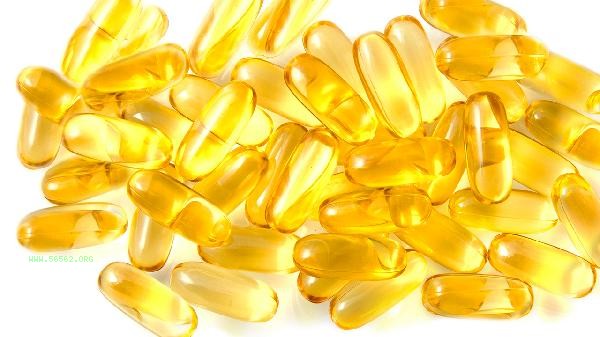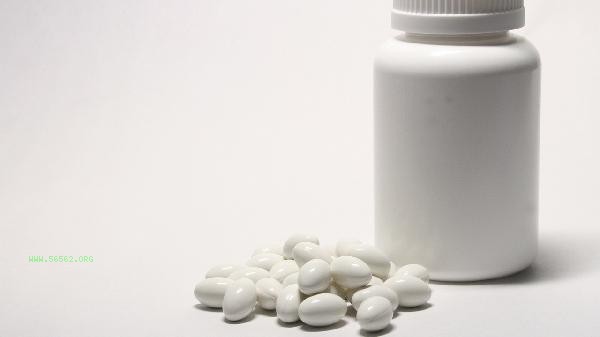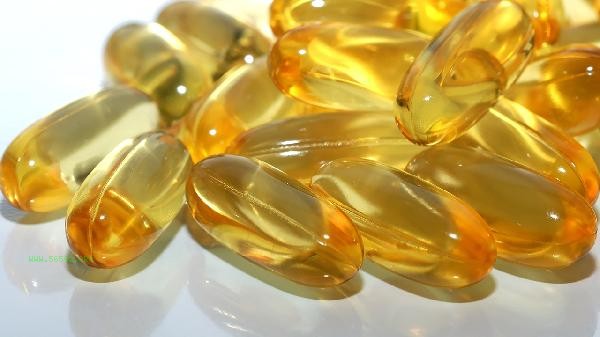Lack of vitamin B2 can lead to moderate consumption of animal liver, eggs, milk, dark green vegetables, mushrooms, and other foods. Vitamin B2 deficiency may be related to factors such as imbalanced diet, gastrointestinal absorption disorders, long-term medication, alcohol abuse, metabolic abnormalities, etc. It is usually manifested as symptoms such as angular inflammation, dry lips, glossitis, photophobia, and seborrheic dermatitis.

1. Animal Liver
Pig liver, chicken liver and other animal livers are high-quality sources of vitamin B2, with about 2 milligrams of vitamin B2 per 100 grams of pig liver. Animal liver is also rich in heme iron and vitamin A, which can help improve anemia and visual health. It is recommended to consume 1-2 times a week, about 50 grams each time, to avoid excessive intake and accumulation of vitamin A. When cooking, it is advisable to use quick stir frying or boiling soup to reduce nutrient loss.
2. Eggs
Egg yolks contain a high amount of vitamin B2, with approximately 0.5 milligrams per 100 grams of egg. Egg protein contains high-quality protein and is suitable as a daily nutritional supplement. The cooking method of boiled or steamed eggs can maximize the retention of nutrients. People who are allergic to eggs should avoid consumption, and those with high cholesterol should control their intake.
III. Milk
Whole milk contains approximately 0.2 milligrams of vitamin B2 per 100 milliliters, while also providing calcium and vitamin D. Fermented dairy products such as yogurt contain vitamin B2 that is more easily absorbed by the human body. Lactose intolerant individuals can choose low lactose milk or yogurt, and it is recommended to drink about 300 milliliters per day to avoid gastrointestinal discomfort caused by drinking on an empty stomach.

4. Deep green vegetables
Spinach, broccoli and other deep green vegetables contain plant-based vitamin B2, which is about 0.1-0.2 milligrams per 100 grams. This type of vegetable is also rich in folic acid and dietary fiber, making it suitable for cold dishes or stir frying over high heat. Vegetables with high oxalic acid content are recommended to be blanched before consumption to reduce their impact on mineral absorption.
V. Mushrooms
Mushrooms such as shiitake mushrooms and shiitake mushrooms have a high content of vitamin B2, with dried shiitake mushrooms reaching over 1 milligrams per 100 grams. Mushrooms contain polysaccharides and trace elements, and can be consumed by stewing or boiling soup. Gout patients need to control their intake, and wild mushrooms must be confirmed to be safe before consumption.

In daily diet, attention should be paid to diversifying food and avoiding excessive washing or prolonged soaking of ingredients. Vitamin B2 is sensitive to light, it is recommended to store food in a dark container. Severely deficient individuals can take vitamin B2 tablets under the guidance of a doctor, but cannot self supplement in large doses for a long time. At the same time, alcohol should be quit and refined sugar intake should be controlled to improve the absorption and utilization of vitamin B2. Patients with combined gastrointestinal diseases should prioritize treatment of the primary disease and, if necessary, undergo nutritional status assessment and dietary guidance.



Comments (0)
Leave a Comment
No comments yet
Be the first to share your thoughts!